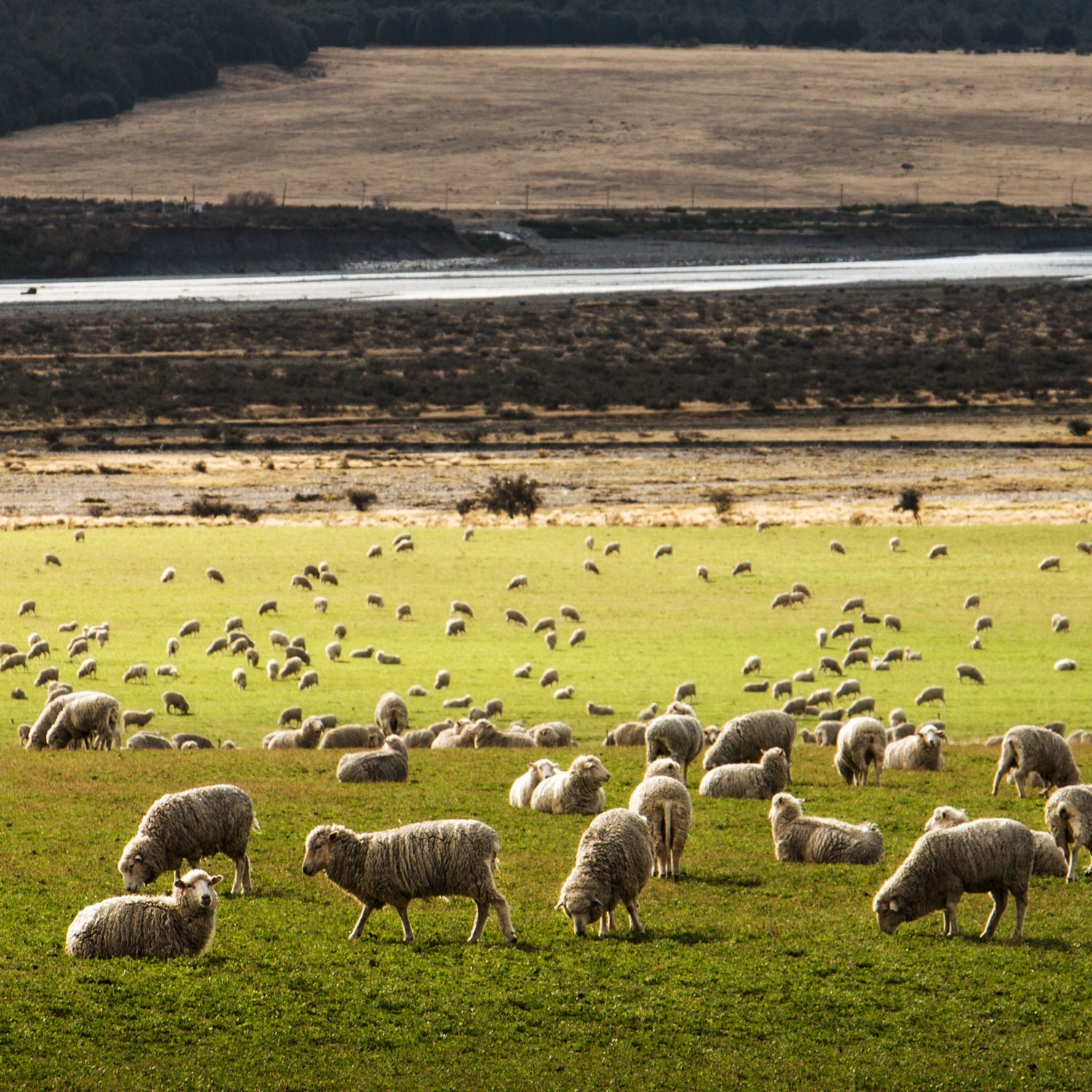People for the Ethical Treatment of Animals (PETA), sent a letter to Patagonia CEO Rose Marcario on Tuesday calling the company out for the abuse of sheep at a wool supplier that the well-known outdoor brand used to work with. This is the second time in three years that the animal rights group has targeted the Ventura, California-based company.
PETA’s evidence comes from shot back in April at a third-party sheering operation used by a Park City, Utah, ranch called Red Pine Land and Livestock. In the footage, pregnant sheep are roughly handled, cut during sheering, whipped, then left unattended to give birth in cold weather without their wool coats. The letter from PETA cites multiple violations of Patagonia’s wool standards and urges the company to stop using wool entirely.
Patagonia spokesperson Corley Kenna confirmed to �����ԹϺ��� that the brand used to work with Red Pine but cut ties this spring, prior to the video being shot.
“Red Pine Land and Livestock is not a Patagonia supplier and their wool is not in our products and won’t be in future products,” Kenna says. “We were optimistic about working with them as a supplier but in March 2017, we parted ways on issues not related to animal welfare.”
The first time PETA took aim at Patagonia was back in 2015 when PETA unveiled documenting mistreatment of sheep at a farm in Argentina that provided wool to Patagonia. Afterward, Patagonia immediately ceased purchasing from the accused supply group, called Ovis 21.
The following year, in July 2016, Patagonia rolled out a new wool standard that dictated for animal treatment, land use, and sustainability for its wool products, and it also announced new partnerships with two fully-approved wool suppliers, one of which was Red Pine Land and Livestock, which had undergone third-party audits.
“Animal rights groups tend to focus on campaigns where they’ve got high visibility. Everything is driven by the media—they’re obsessed with publicity.”
In previous online campaigns, PETA has called out brands like J.Crew, Coach, Guess, Backcountry.com, and others for sourcing wool, fur, or angora from suppliers that have allegedly abused their animals. But why target Patagonia—a company that’s been excessively transparent about their animal welfare concerns—and also cut its ties with Red Pine?
Ask PETA that and they’ll tell you it’s their obligation to keep digging. “Patagonia continues to hide behind so-called welfare standards, but this video is further proof that no matter where wool comes from and what standards are put in place, sheep still suffer,” says Anne Brainard, PETA’s director of corporate affairs. “Patagonia misleads caring consumers by calling their wool responsible. They’re preying on consumers who are looking to do the right thing. If those marketing schemes didn’t exist, those consumers might opt for the compassionate option: alternative fabrics like polyester, viscose from bamboo, or Tencel.”
But one outsider says PETA may actually be the one employing a marketing plan. “Animal rights groups tend to focus on campaigns where they’ve got high visibility. Everything is driven by the media—they’re obsessed with publicity,” says Gary Francione, an animal rights activist and professor of animal rights law at Rutgers University who worked with PETA in the 1990s but then cut ties with the organization. “They like targeting high-visibility companies,” he says, because it's a smart strategy to gain attention and fundraise. “There are a lot of corporate charities competing for the same dollars.”
As for Patagonia ending its use of wool in base layers and socks, the company says that’s simply not going to happen. “When it comes to sourcing wool, we remain committed to the Patagonia Wool Standard we developed with experts on animal welfare as the most stringent criteria for animal wellbeing and responsible land management,” says Kenna.


